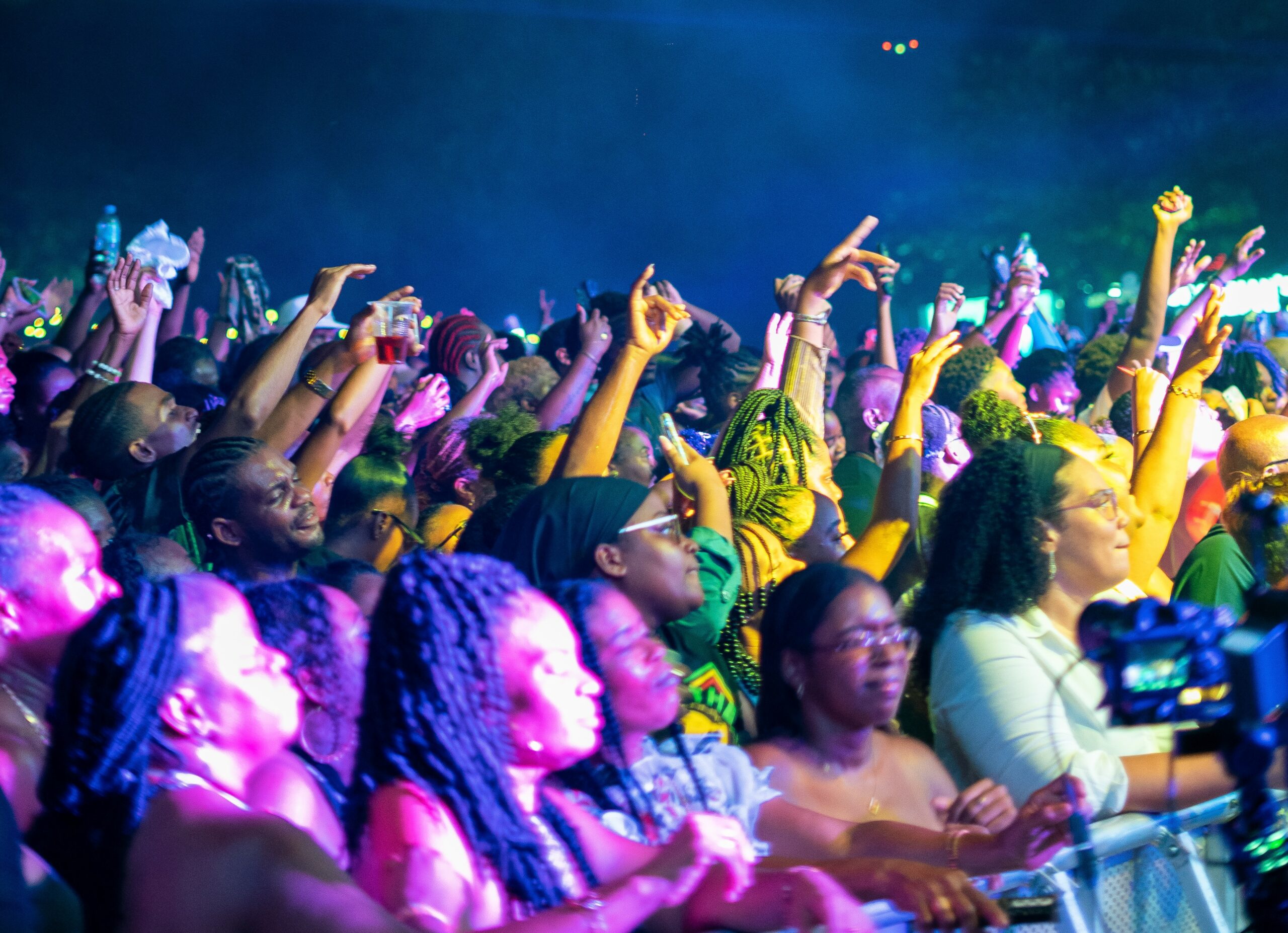

Minister for Tourism, Investment, Culture, Creative Industries, and Information, Dr Ernest Hilaire, has been a constant presence in the public eye—and rightly so. With a packed calendar of major events under his watch—Saint Lucia Jazz & Music Festival, Carnival, La Rose, Emancipation celebrations, La Marguerite, Creole Heritage Month, and the ongoing conversation around the Citizenship by Investment Programme (CIP)—his portfolio is extensive.
Toward the end of 2024, Dr Hilaire noted just how full the year had been for both himself and Saint Lucia as a whole: “We have had so much for the year, if you just reflect on the year that we have had in Saint Lucia in terms of some of the achievements—from Jazz, Carnival, Julien Alfred, cricket and more cricket with CPL…”
Indeed, 2024 was a remarkable year for Saint Lucia. The island buzzed with activity, events, and achievements that gave life to our tourism tagline: “Let Her Inspire You.”
While these cultural and entertainment events have brought undeniable benefits—especially for a tourism-dependent nation—there are aspects that raise concern. In particular, the nature of some of the music and the type of events receiving both private and state endorsement deserve closer scrutiny.
There seems to be a tacit approval from the authorities for content that leans heavily into vulgarity and crudeness. Last year, for example, while we celebrated the growth and quality of Saint Lucian soca, it was Dominica’s uncensored Bouyon—rife with expletives and explicit sexual themes—that dominated Carnival’s streets. Soon after, the Sunfest event featured Jamaican artist Kraff, whose lyrics have raised eyebrows.
It’s one thing when private promoters choose to highlight certain performers. It’s another matter entirely when taxpayer-funded agencies sponsor events showcasing dancehall, soca, R&B, and Afrobeat artists whose music often contains profanity, and in some cases, promotes gun violence and gang culture.
Not long ago, a local performer was arrested during Carnival for using expletives on a music truck. Fast forward to today, and profanity is now “the norm” at both private and government-backed events.
But it’s not confined to concerts and festivals.
Profane and vulgar music blares from public buses, gyms, bars, restaurants—even at the beach with families present and at children’s parties. It’s as though we’ve collectively decided to stop caring. Or have we?
So, who’s responsible for policing this? What about our laws against obscene language in public? Are DJs mindful of their audiences? Can the National Council on Public Transportation (NCOPT) hold bus drivers accountable for playing offensive content? Could the National Conservation Authority (NCA) and National Trust put up signs at beaches—like those used for littering—stating “No Obscene Language Allowed”?
How far must we go to restore a sense of decency in our public spaces?
This is not about imposing values on others. But in any progressive society, it’s important to take a hard look at the negative influences that affect our collective well-being. We cannot turn a blind eye to music that glorifies sex, promiscuity, guns, gangs, drugs, and alcohol.
We especially object to the use of public funds to support performances that promote such messages. It’s worth noting that even CARICOM, in recent discussions on crime and violence, addressed the impact of music on society.
Are we doing the same? Are we evaluating the influence on our youth—and our wider society?
As we look toward this year’s Jazz Festival and so-called “family-friendly” events at Pigeon Island, will there be any change? Will Carnival bandleaders take responsibility for what’s played on the road? Will new regulations be introduced to give police the authority to act when necessary?
Dr Hilaire, during his time with Cricket West Indies, spoke about the long-term legacy of the Cricket World Cup.
Beyond the financial gains, tourist arrivals, and packed events—what legacy are we leaving behind? What is the social footprint that we are leaving for the next generation to follow?
As we approach the end of 2025, we may once again boast about another stellar year in tourism. But will it be, yet again, a year marked by state-endorsed debauchery?
Because when we hear the tagline “Saint Lucia, Let Her Inspire You,” this current direction isn’t what comes to mind.
Related News

Jacmel Man Shot and Killed in Coolie Town

US-China Trade War Intensifies with Tit-for-Tat Tariffs and Blacklists

Editorial: Breaking the American Fixation: Strengthening Caribbean-Africa Ties


